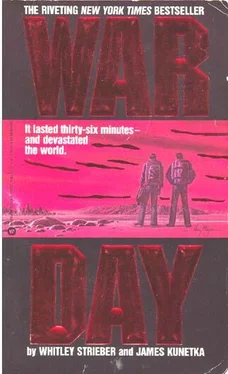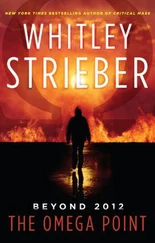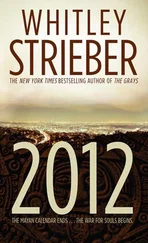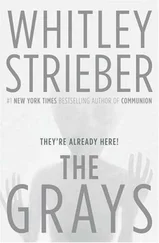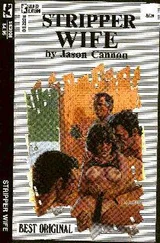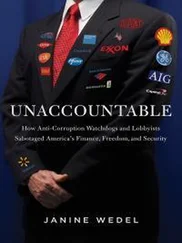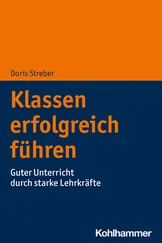Travel is not easy, and in many places it’s far from safe.
I live in a nice house and, with two others, I own a fairly good car. I cherish my safety passionately. On Warday both my wife and my mother disappeared, my mother in the maelstrom of San Antonio, my wife in Austin. Mother I know is dead. But my wife—there is always the chance she remains alive, caught in the great shuffling departures that have marked the famine and the flu. I wrote only my mother’s name in the Governor’s Book of the Dead.
I ate dandelion leaves during the famine. I know what it is to have the flu and get told to leave the hospital or face arrest. I know what it is to lose relatives, home, possessions, friends.
And I know how I feel when I watch the sunset over the roofs of the neighborhood and hear the snick of the scythe as my neighbor cuts his lawn. But the things I did not know seemed to me more important.
What, for example, was life like in the least affected parts of the country, such as California? How was the federal government functioning now, with its new capital in Los Angeles and a whole new breed of bureaucrats? Have they documented the history of the war, and what are they saying about it now?
More importantly, what do ordinary people know about the war, and what have they learned from it? Will we ever rebuild the old “United States,” or is that as much a part of history as the USSR?
So curiosity became interest and I found myself drawn into working on the book. We both knew it couldn’t be done from Dallas, that we would have to do our research by traveling, talking with people, getting in touch with the landscape, gathering the vitally important personal stories and sensations even more than the official facts.
There would be risks, of course. We could get hurt or even killed. We could run out of money. Whitley would be away from his family for an indefinite time. Travel is not easy. We would have to do a lot of walking. We might, in fact, end up for a while in one of the civilian detention centers the Army uses to control migration.
We would have to use every contact we had and all the salesmanship we could muster to go where we wanted and meet the right people.
I also wanted to gather government reports, documentary evidence. Not to place blame, but to see and perhaps understand.
Transportation was the most immediate obstacle. Air travel is quick, but there isn’t much chance of doing it on a regular basis without government approval or foreign papers, unless you are willing to wait months for a reservation. Also, you don’t meet ordinary people on planes. We would go TBF—train, bus, and foot.
Just like everybody else.
Travel passes aren’t commonly needed except, as we found out, in California. Washington State and Oregon also have stringent immigration restrictions. War Zones were off limits, of course, but my government contacts could help us there.
Whitley is in somewhat more jeopardy than I. He is triaged because of his high lifedose. His chances of getting cancer in the next five years are seventy percent. His ten-year survival probability is zero. This comes from his living through Warday and the week after in New York.
I have lost so much: wife, mother, friends, expectations. All of my references are to the here and now, and I found I wanted to expand and enrich them. The trip would do that.
Besides, I remember something my grandfather used to say whenever someone would offer him a scotch and water. “Why not, I can’t dance.”
As much as any, that was a good reason for doing this.
Dallas to Aztlan to California, then back across the continent to New York, then home through the old South. A call to Amtrak confirmed that the rail service is not only running but somewhat expanded since prewar times. Amtrak’s diesels did not suffer from the effects of EMP because they have no delicate electronic parts like airplanes.
We made phone calls and sent letters. The telephone system is quixotic. Some large areas are still completely without service.
Others were never affected at all. To find out if a place has service, it is easiest just to call. Austin is as easy to reach as ever. A call to Los Angeles was interrupted by an operator asking us to state our business—our first taste of California’s raging paranoia about outsiders.
When you call San Antonio, a recorded voice says, “We’re sorry, but the number you have called does not exist in the 512 area code. Please consult your directory and try again.”
Each regional telephone company has dealt with its destroyed areas in different ways. Call Cheyenne and you’ll get an announcement that the number has been disconnected. New York clicks on the third ring, and returns silence.
As we called here and there, we found that our reputations opened some doors and closed others. But I’m a decent enough reporter, and I felt confident that I could overcome even the resistance of the military authorities and the federal government to letting their documents out.
I’m organized. Whitley is a narrative writer, a storyteller. I have a more technical bent, and a reporter’s knowledge of whom to approach for documents. I made a list of people we should talk to in government agencies, and drew up an assessment of the ease or difficulty we could expect with each one. Then I mapped out our journey, assessed transportation problems, estimated expenses, and evaluated expected roadblocks of both the human and highway kinds, identified radzones on our path, and marked out areas of the country where there might be bandits or aggressive survivalist bands.
Both Whitley and I wished that we could have organized all our data on our lost computers. He was rich before the war; he had an Apple. I had an old Osborne. They are missed accomplices, the best tools either of us ever had.
Families and friends had mixed reactions to the trip. Whitley’s wife, Anne, and his son, Andrew, hated it, but in the end they accepted it. One of my friends called it “difficult.” I suppose he was trying for understatement. My editor at the paper was excited.
Given no city or state censorship problems, he would print our reports in serial fashion, assuming we were able to mail them back to him. And he’d pay. Not much, but it would help.
After our final planning session together, I left Whitley to a day alone with his family. I spent it packing, thinking about places and people.
Sometime after dark there was a knock at my door. Nobody was there; instead, on the doormat was a bottle of bourbon—very valuable—and a small unsigned note reading Good luck. We are more furtive now, we Americans. I never found out who cared so much about me that they would give me something as precious as that.
The next morning, waiting outside Whitley’s house, I thought how hard it must be for him to leave a real, functioning family. But we’ve all left people before, and we’ve all experienced hard moments.
Our journey began in morning and sun. By some miracle, an old aunt of mine managed to catch up with us at the British Relief HQ in Dallas and give me her St. Christopher medal, which she’d carried for more than seventy years.
I did not tell her that the Church removed Christopher from the calendar of saints years ago. And I wore the medal all the way.
That is no country for old men. The young
In one another’s arms, birds in the trees—
Those dying generations—at their song,
Fish, flesh, or fowl, commend all summer long
Whatever is begotten, born, and dies.
—W. B. Yeats, “Byzantium”
It is a bright August morning, the air dense and full of the smell of the wisteria that grows around our back door. I have been up since five-thirty, watching the sky go from gold to white. Jim will soon arrive, and I am beginning to count my minutes. There has been wind from the west, dusty wind, but I don’t mind; west of Dallas lie the South Plains, and, unlike the Corn Belt, their dust is low-content.
Читать дальше
